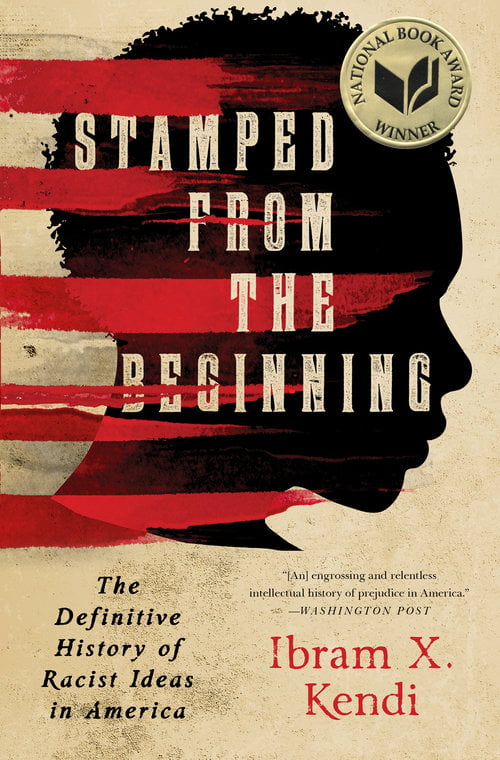“Race-conscious policies are just reverse racism.” “Talking about race is what keeps us separated.” Really? As the brilliant Ibram X. Kendi points out in Stamped from the Beginning: The Definitive History of Racist Ideas in America, generation after generation of white people in power in the U.S. were TOTALLY FINE with race-conscious policies that explicitly disadvantaged people of color. See: Supreme Court’s decision in Dred Scott, 1857, holding that a black man “has no rights which the white man is bound to respect.” See also: Governor George Wallace’s inaugural address in 1963, proclaiming “Segregation now, segregation tomorrow, segregation forever.”
But then our laws changed in the 1960’s to fix that, right? Um. Not so fast. Let’s not forget the part where the National Guard had to get mobilized repeatedly to hold back huge screaming crowds of white people attacking black people and their allies for trying to end segregation aka white supremacy. See: just a few examples in 1962, 1965, 1974 (and btw hello to my hometown of Boston for appearing in this list, it’s not just about those bad Southerners). And let’s not forget the white terrorist bombings of black homes and churches and the murders of black leaders and lynchings of civil rights workers.
I mean, that’s how utterly and completely white people in power right up through the 50’s, 60’s and 70’s were committed to race-conscious policies. Until.
Until race-conscious policies stopped being a tool of white supremacy, and started being a tool for equity. That is, until affirmative action came along. Then suddenly it’s all, “Wait, that’s racism! That’s discrimination!”
So we’d had race-conscious policies for CENTURIES, explicitly and specifically preventing people of color from accessing power and resources that accumulate over time. Excluding them from voting for policies that controlled their destinies. Excluding them from decent schools and jobs and housing that would have positioned them to compete equally with white people who didn’t face those particular legal, institutional, systemic barriers to achieving success and passing advantages to their kids for generation after generation… in fact, for much of that time, outright stealing their labor and their actual literal children, in order to enrich white people who went on to bequeath those assets to their own children. Whoa. That’s a LOT of accumulated differential, and it’s just the tip of the iceberg.
But yay, because yes we finally did start to get some laws on the books (see: 1954, 1964, 1968) saying “things have to be fair from now on.” Great! Except that a second later we turn around, it’s 1974, and white medical-student-wannabe Allan Bakke is suing the University of California claiming that its race-conscious quota system is “reverse discrimination,” and he wins his case before the Supreme Court in 1978.
OK. So then we have to ask: in that tiny window between 1968 and 1974 — or even 1954 to 1978, if you prefer to look at that slightly-larger-but-still-insignificant-by-comparison-to-slavery-and-Jim-Crow period — did everything get fixed? Did we get to the point where all those generations of unfairness didn’t matter anymore? Where your likelihood of holding power and resources actually wasn’t statistically predictable from what color you were, what color the people before you had been?
No? Then why, starting in the 1970’s, were the white people in power suddenly all, “OMGeeee!!! Race-conscious policies are terrible and discriminatory”? Hmm, that seems awfully convenient, doesn’t it? Before, everything was OK because race-conscious policies were benefiting white people. Then suddenly, race-conscious policies were bad because they were NOT benefiting us. Either way you look at it, what didn’t change was the central, underlying, and demonstrably false assertion that “things are fair the way they are now.” Either way, it’s an argument for a status quo where, over and over again, white people get to have more of the power and resources.
And that is why we need to be race-conscious today. That’s what it’s going to take, if we are ever going to see clearly and address honestly all the lasting damage done over centuries in which our institutions and systems have ALWAYS BEEN race-conscious. As Kendi says, our country was stamped from the beginning with racism. We can’t claim racial neutrality now, when all that does is protect an unjust status quo that we built law by law and body by body in oppression, exploitation, and violence.
